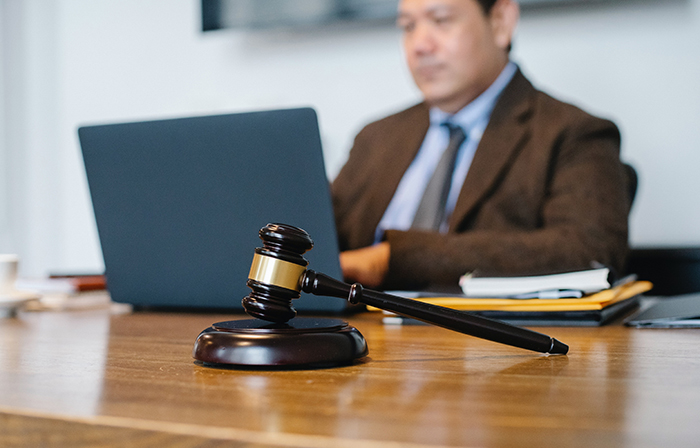Formal vs. Informal Probate: What’s the Difference?

There are several different types of probate proceedings, depending on the size of the estate and how it is held or titled. Formal probate is the process of proving a will is valid in court. Informal probate is a more simplified process that does not involve court proceedings.
Ultimately, no matter which type of proceeding is necessary, understanding probate is essential to ensuring the deceased’s wishes are carried out according to their final wishes. By working with an experienced probate lawyer with deep knowledge of probate law, you can feel confident as you move through the probate process. Looking for a probate attorney in Milwaukee, Brookfield, Wauwatosa, or nearby? Contact Fricker Law today.
What is the difference between formal and informal probate proceedings?
Understanding the difference between formal and informal probate proceedings in Wisconsin law is essential for anyone who has been named personal representative of an estate. Formal probate proceedings must follow all protocols outlined by the local court, including the filing of documents with the proper registries, a search of heirs, notice to creditors, valuations of estate assets, and distribution of property to final beneficiaries. Furthermore, much of the process is overseen by a probate judge who ensures that all steps are completed correctly.
In contrast, informal probate proceedings can be administered without a hearing or court supervision. This generally involves the use of sworn affidavits and death certificates to evidence one’s rights under state law. Although these processes are much simpler than formal proceedings, they still require personal representatives to abide by all legal requirements and adequately provide for their heirs. Therefore any potential personal representative should seek guidance from a qualified probate attorney when working through the informal probate process.
How do you determine which type of probate proceeding is right for your estate plan needs?
The type of probate appropriate for a particular estate depends largely on the size and complexity of the estate, as well as the timeline you are working with. If the estate consists mainly of tangible assets such as real estate or jewelry, then informal probate may be suitable. On the other hand, if your estate involves multiple assets such as stocks and bonds or out-of-state property, then formal probate can provide additional protections. Another factor to consider is whether or not all parties involved are in agreement about how assets should be distributed; if there is any dispute among family members, then a formal probate may be necessary in order to resolve any disputes quickly and efficiently. Ultimately, determining which type of probate proceeding is best for you can depend on a variety of factors, and an experienced probate lawyer can help you determine the right course of action for the estate you are overseeing.
How can an experienced probate attorney help you?
Acting as personal representative for an estate is no small task. There are many tasks you must complete and things can get complicated quickly. The whole process can be made easier with the help of an experienced probate attorney. Not only do they have expertise in many of the nuances of probate and estate law, but they also have expertise in developing strategies for selecting the right type of proceeding to fit the requirements of the estate. By taking into consideration factors such as applicable laws, the complexity of assets, family dynamics, and financial circumstances, they can develop a plan that meets your exact needs – far better than what could be achieved on your own. With their assistance, you can be sure that you’ve chosen the right type of probate proceeding for yourself.
If you need help with probate proceedings or have any other questions about probate, contact Milwaukee Probate Attorney Roberty Fricker of Fricker Law Office today. With over 25 years of experience, Attorney Fricker and his expert team will be able to guide you through the process and ensure that your estate is handled according to your wishes. Click here to visit our homepage and get in touch with us today.





